Question And Answer
Publications
Articles, publications, books, tools and multimedia features from the U.S. Institute of Peace provide the latest news, analysis, research findings, practitioner guides and reports, all related to the conflict zones and issues that are at the center of the Institute’s work to prevent and reduce violent conflict.
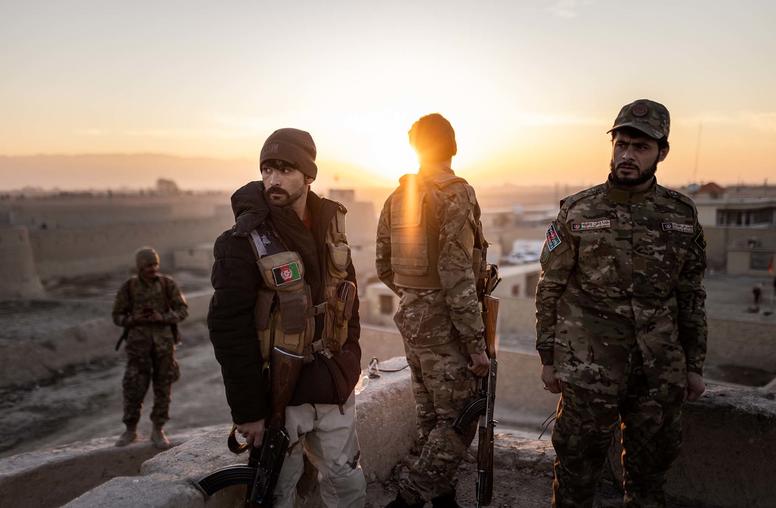
How to Prevent Fresh Hostilities as Afghan Peace Talks Progress
Many peace processes experience at least short-term reversions to violence. Even a successful Afghan peace process will be at risk of the same, especially in the likely event that the United States and its allies continue to withdraw troops from Afghanistan. Ideally, such troop reductions would move in parallel with de-escalatory measures by the Taliban and other armed actors on the ground. A healthy dose of realism is in order, however. Though the Taliban and others in Afghanistan are unlikely to ever fully disarm or demobilize, persistent resources and attention from the United States and its allies can help prevent any regression to full-scale violence during the years of any peace agreement’s implementation.
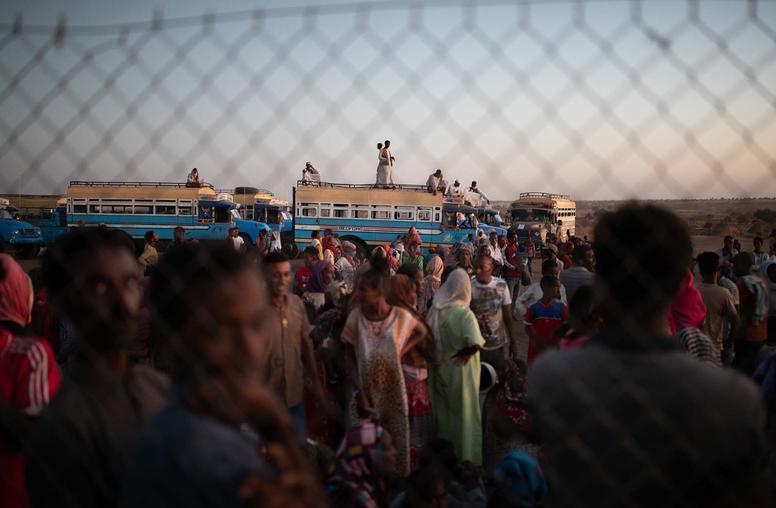
Five Ways to Set Up a Special Envoy for Success in the Horn of Africa
When in doubt, dispatch an envoy. That’s become an old diplomatic standby, and it is currently under consideration for the Horn of Africa, where a civil war rages in Ethiopia and has ensnared neighboring Eritrea, Somalia, and Sudan. The conflict, which broke out in November 2020, has left millions in dire need of lifesaving humanitarian assistance. The U.N. special adviser on the prevention of genocide recently warned that “the risk of atrocity crimes in Ethiopia remains high and likely to get worse.” If the crisis continues to fester, it will have grave consequences for U.S. interests in a region situated on the crossroads between Africa, Europe, and the Middle East.
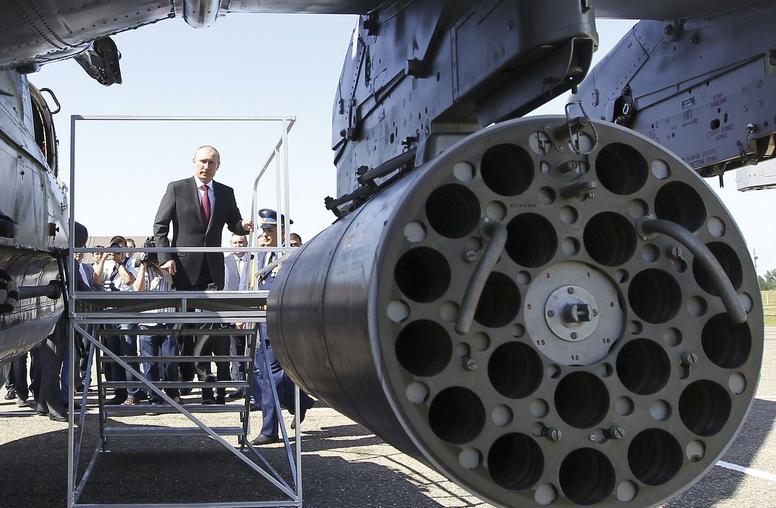
What is Russia’s Endgame in Syria?
Five years into Russia’s military intervention in Syria, understanding Moscow’s endgame could provide critical insights into the decade-long conflict’s trajectory, as well as Russia’s posture in the Middle East and beyond. Although still evolving and subject to internal debates, Moscow’s Syria strategy appears to be centered on a “spheres of influence” model. In this model, Syria is divided into distinct realms under the sway of competing external patrons.
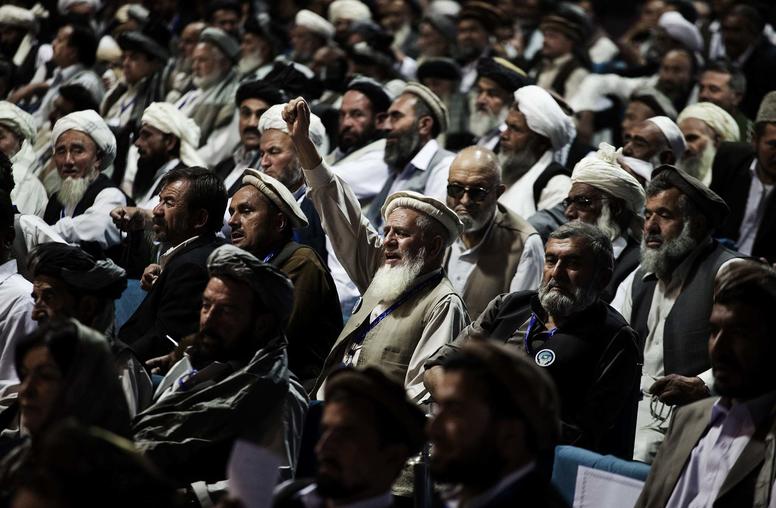
Afghan Peace Talks: Could a Third-Party Mediator Help?
At present, the Afghan peace negotiations (APN) between the Afghan government and the Taliban do not involve any third-party presence beyond hosting and supporting roles. The parties to the conflict and members of the international community might consider the benefits of a neutral, third-party mediator to help resolve the impasses that have dogged and delayed the negotiations so far. While the presence of a mediator does not guarantee success, there are very few examples of a significant peace agreement that has been reached without some sort of third-party facilitation or mediation.
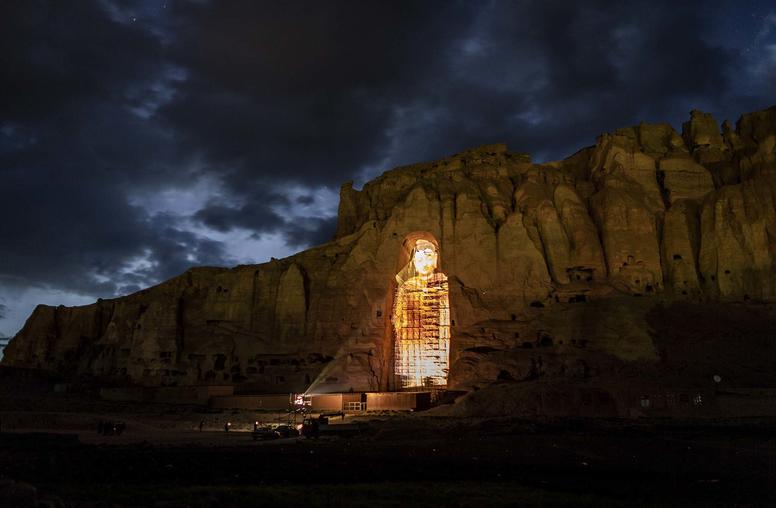
Missing Piece of the Puzzle: Preserving Religious Diversity by Protecting the Past
The United Nations General Assembly in January adopted a noteworthy resolution, “Promoting a Culture of Peace and Tolerance to Safeguard Religious Sites,” highlighting the often-ignored nexus between protection of cultural heritage and preservation of religious pluralism and peaceful coexistence. The resolution’s aims are broad, calling for “strengthened international efforts to foster a global dialogue on the promotion of a culture of tolerance and peace at all levels.” But it also mandates the U.N. secretary-general to convene an international conference focusing on the “United Nations Plan of Action to Safeguard Religious Sites.”
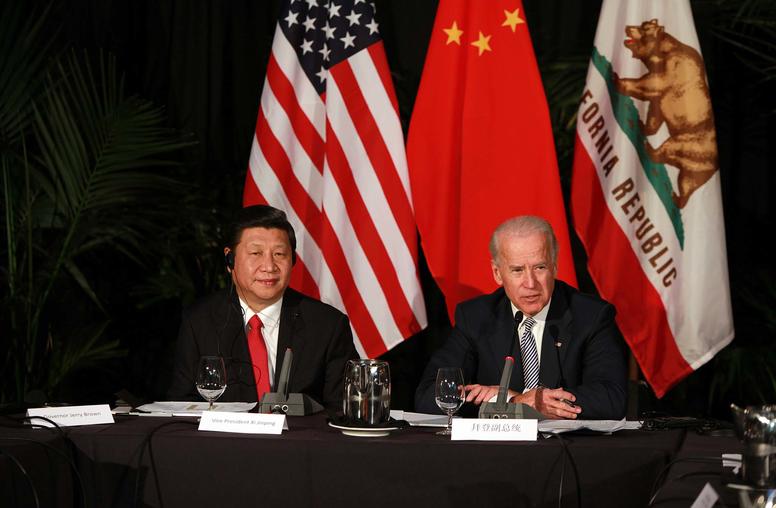
Six Challenges for the Biden Administration’s China Policy
Last week, President Biden held a call with General Secretary Xi Jinping, China’s paramount leader. They reportedly talked for more than two hours, a length that, combined with the call readouts, suggests a weighty and potentially heated conversation. Ties between Washington and Beijing have become strained in recent years as the world’s two biggest powers locked horns over geopolitics, technology, economics, and values. Bilateral relations have entered a new and more difficult phase—even as the global environment is characterized by many pressing issues that would benefit from cooperative efforts to address them. In this context, U.S. policymakers will face six major challenges in dealing with China.
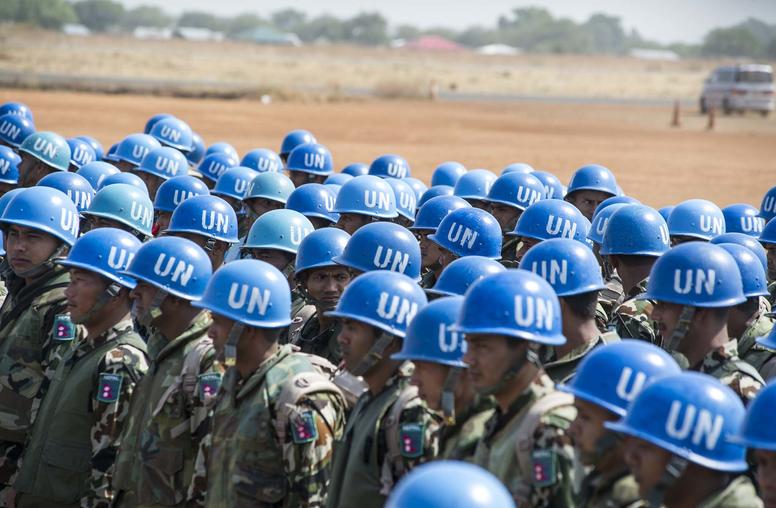
How the Biden Administration Can Revive U.N. Peacekeeping
When American politicians want to temper voter’s concerns over U.S. military commitments overseas, many employ perhaps the most worn-out foreign policy cliché: “The United States cannot police the world.” After all, the United States has neither the capacity nor a compelling national interest in putting boots on the ground to resolve every global crisis. But, this begs the question: Who will step forward when boots on the ground are needed?
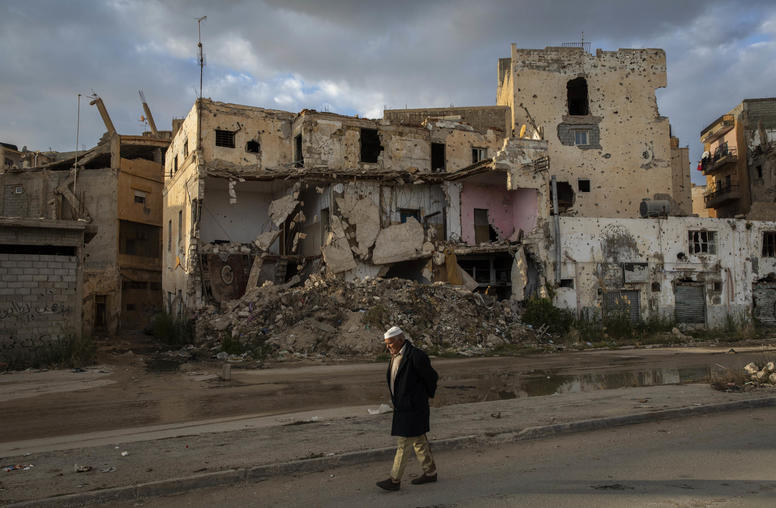
Libya 10 Years After Revolution: To Forgive or Forget
This week marks the 10-year anniversary of the uprising that overthrew the four-decade dictatorship of Muammar Qaddafi. In the intervening decade, Libya has been mired in conflict and political gridlock, exacerbated by competing power centers and longstanding tribal hostilities. What’s more, a host of foreign powers have entered the fray, looking to pursue their own interests rather than build a peaceful Libya. While there is momentum toward peace in recent months, Libyans will have to decide for themselves how to arrive at reconciliation and build a roadmap to get to a sustainable peace. But what does that look like?
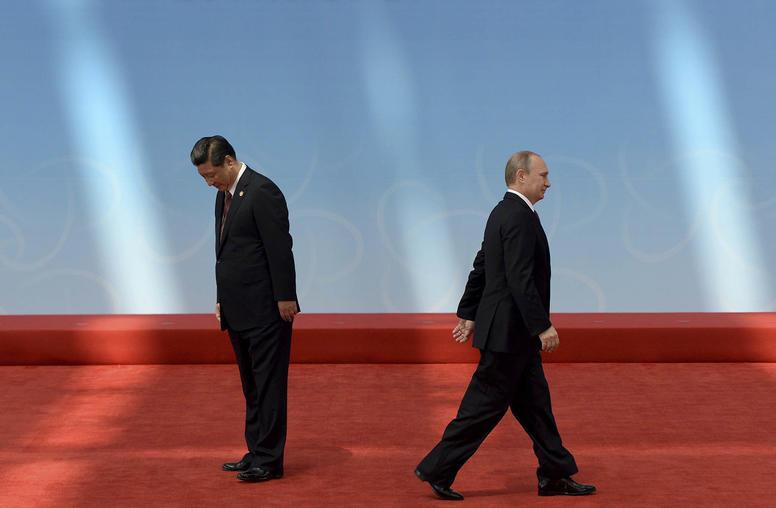
What a Russian Nuclear Escalation Would Mean for China and India
Since Russia began its assault on Ukraine last February, India and China have straddled the fence by hinting at their concerns regarding the war’s global fallout while avoiding direct public criticism of Moscow. Despite rhetorical consternation and calls for a peaceful resolution, neither has shown a willingness to meaningfully push back against Putin’s escalations in Ukraine. Instead, the two Asian nuclear powers are approaching the situation with caution and calculated diplomacy to preserve their own strategic interests — both in Russia and the West.
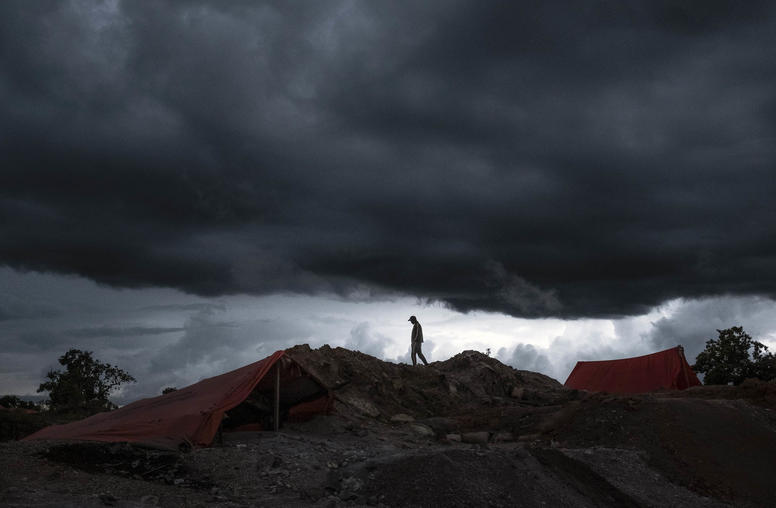
Moving Toward a Just Transition in Green Minerals
We need minerals to build the solar panels, wind turbines and other technologies that will decarbonize our economies — and we need a lot of them. The World Bank estimates that demand for lithium, cobalt and graphite could jump by as much as 500 percent by 2050. Yet mining for these resources has had a fraught history, and it continues to be associated with a hefty list of human rights and conflict risks, including violence, child labor, poor working conditions, land rights abuses, environmental damage and pollution, and a lack of community participation.